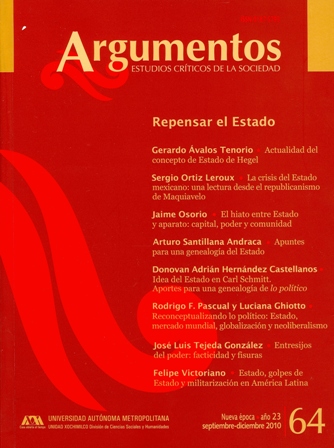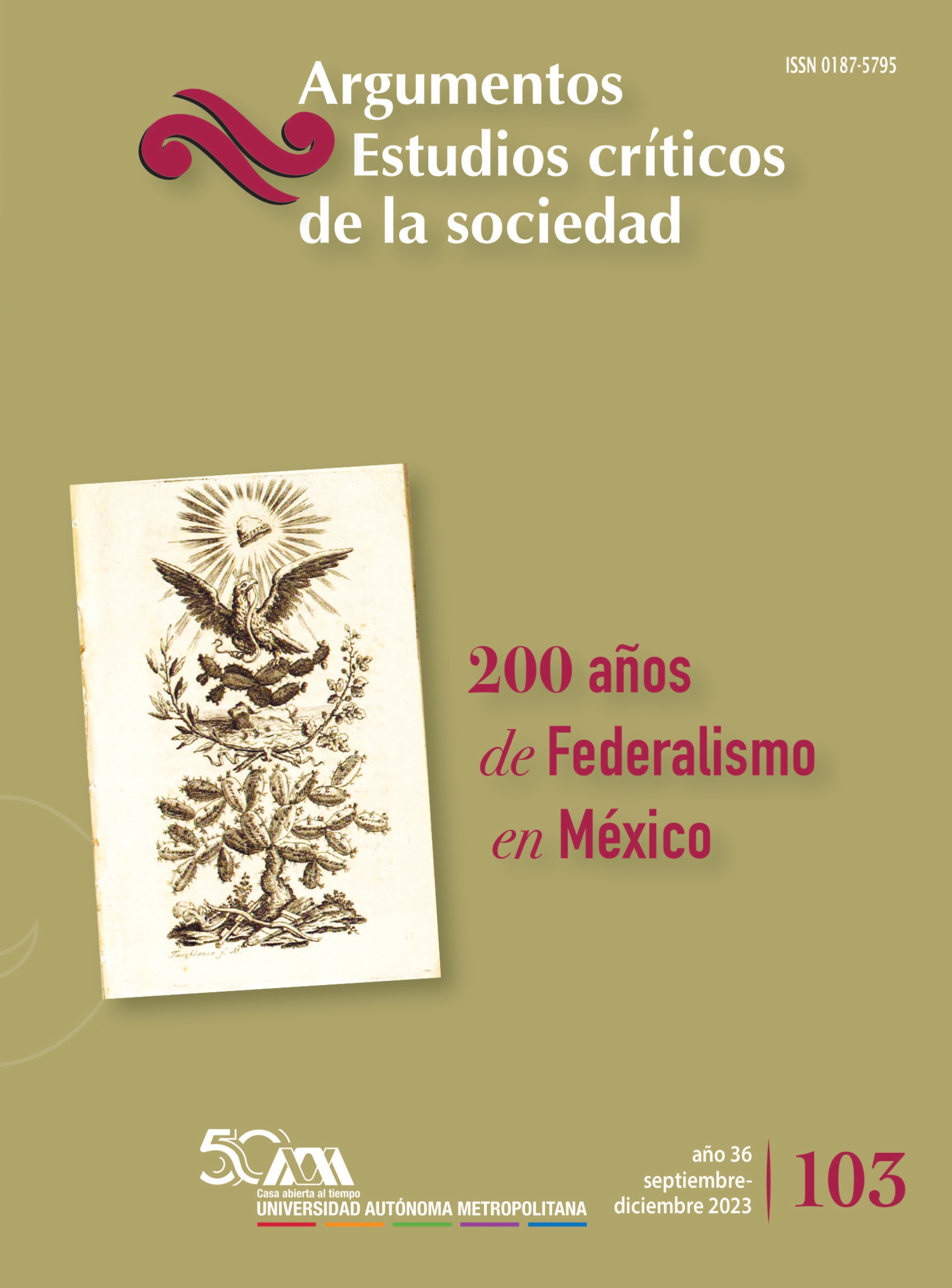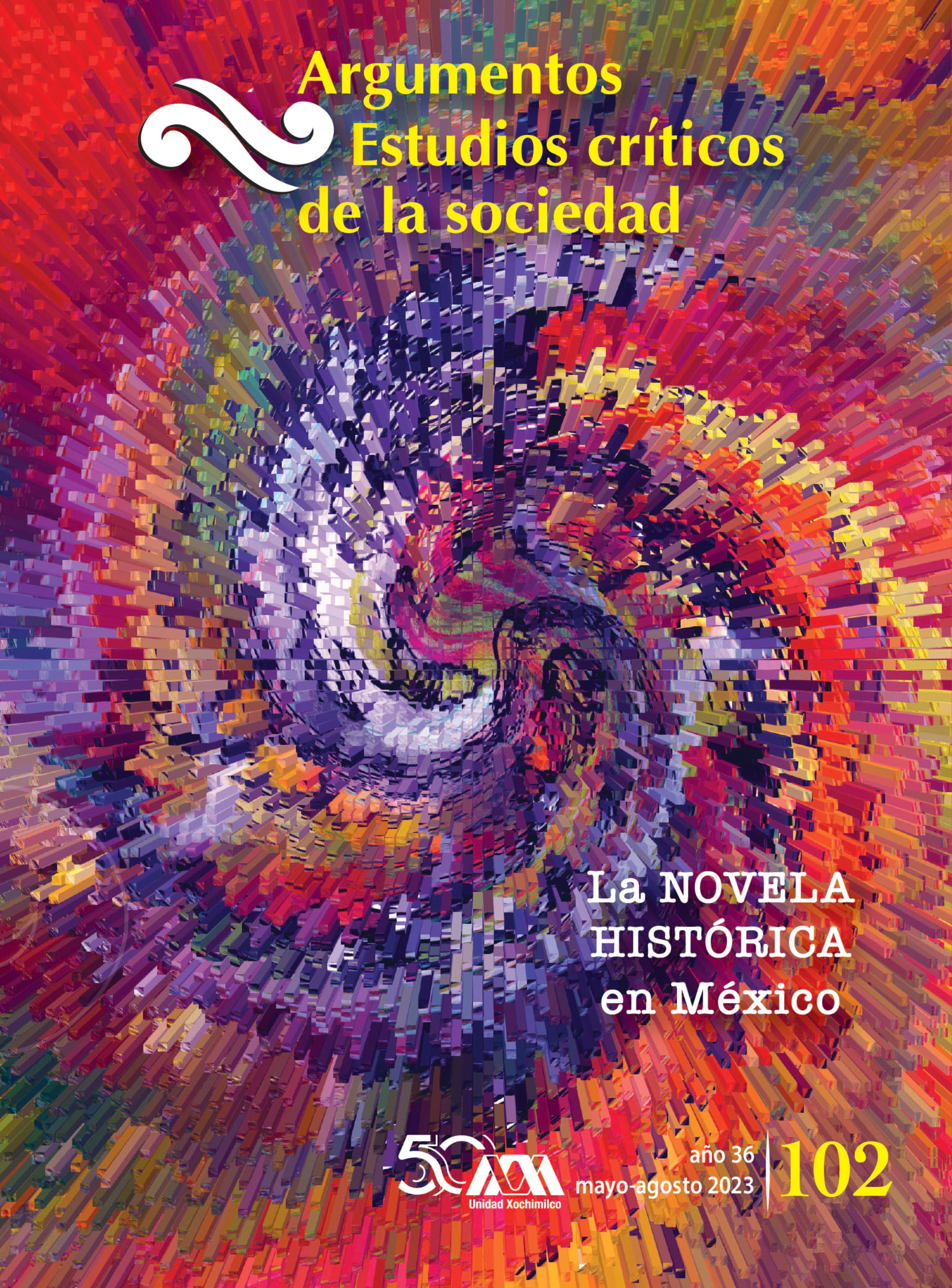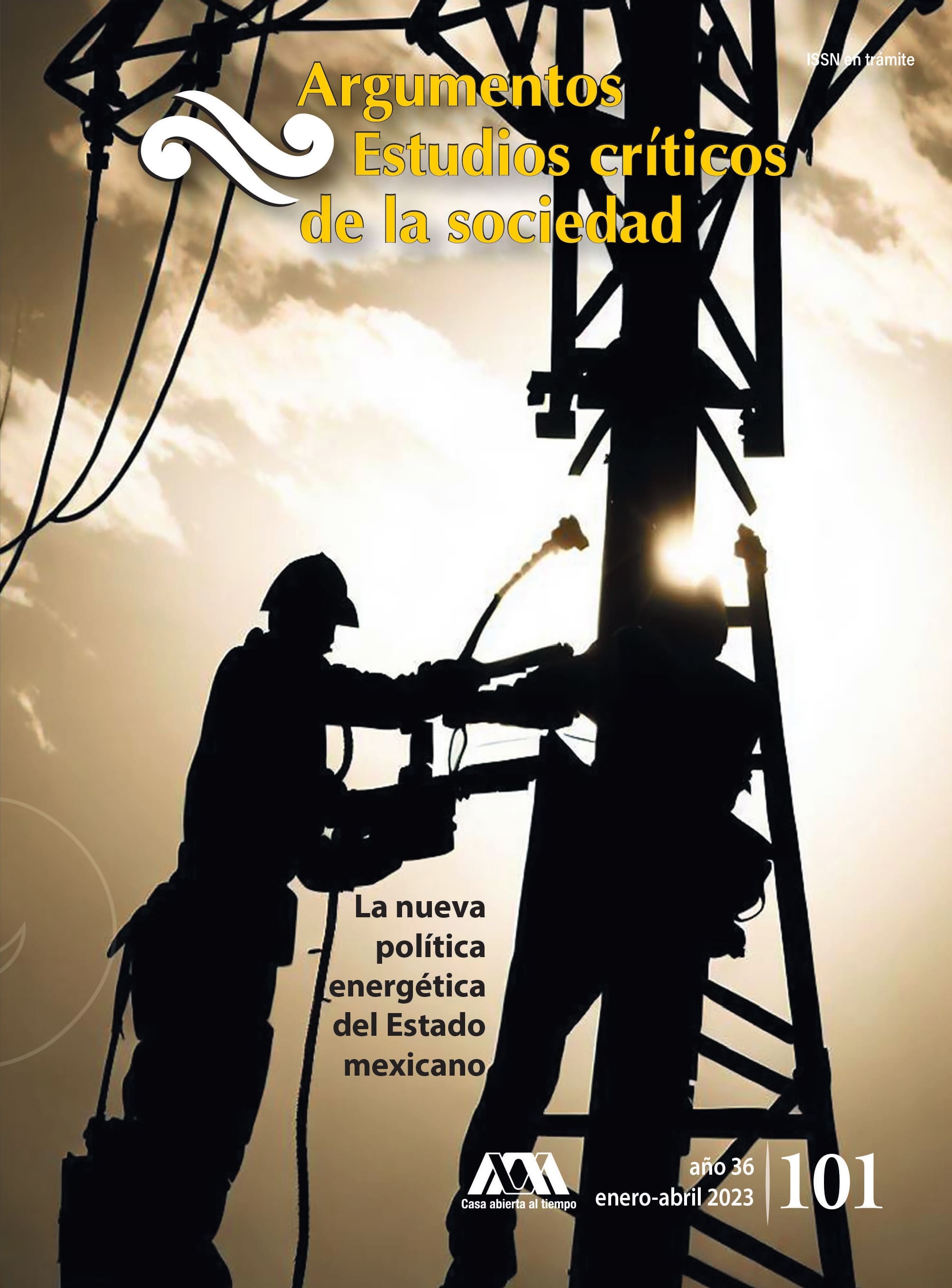Estado, golpes de Estado y militarización en América Latina
Una reflexión histórico política
Keywords:
Latin-American State, military’s dictatorships, Cold War, FascismAbstract
The profound political and economical transformations that Latin America has lived in the last 50 years are the result of the military process that the Continent suffered along the 60’ and 70’, having as its main characteristic, the progressive degradation in the role of the State as the articulator of the public life and the economic development. The reflections that follow attempt to trace a historical and political reflection surrounding these transformations trough a critic revision of the literature generated on the subject. The intension is to give an alternative lecture to the scenario of violence lived in Latin America, taking in to account the intense repressive processes that were incorporated as determinant elements of regional integration in the context of the Cold War.
References
Agamben, Giorgio, Homo Sacer: El Poder Soberano y la Nuda Vida, Valencia, Pre-textos, 1998.
Avelar, Idelber, Alegorías de la derrota: la ficción postdictatorial y el trabajo del duelo, Santiago, Cuarto Propio, 2000.
Beasley-Murray, Jon, “La constitución de la Sociedad”, en N. Richard y A. Moreiras (eds.), Pensar en la postdictadura, Santiago, Cuarto Propio, 2001.
Bergalli, Roberto, “El vuelo del Cóndor sobre la cultura jurídica y el sistema político”, en Samuel Blixen (ed.), Operación Cóndor, Uruguay, virus Editorial, 1998.
Calloni, Stella, Los años del lobo, Buenos Aires, Ediciones Continente, 1999.
Casullo, Nicolás, Pensar entre épocas. Memoria, sujetos y crítica intelectual, Buenos Aires, Editorial Norma, 2004.
Deleuze, G. y F. Guattari, Mil mesetas. Capitalismo y esquizofrenia, Valencia, Pre-Textos, 1988.
Franco, Jean, The Decline & Fall of the Letterd City, Cambridge, Harvard University Press, 2002.
Galende, Federico, “La izquierda entre el duelo, la melancolía y el trauma”, Revista de Crítica Cultural 17, 1998, pp. 42-47.
Larrain, Jorge, Identity and Modernity in Latin America, Reino Unido, Polity Press, 2000.Lechner, Norbert, Los patios interiores de la democracia. Subjetividad y política, Santiago, fce, 1988.
Levinson, Brett, “Pos-transición y poética: el futuro de Chile actual”, en N. Richard y A. Moreiras (eds.), Pensar en la postdictadura, Santiago, Cuarto Propio, 2001.
Maira, Luis, “El Estado de Seguridad Nacional en América Latina”, en Pablo González Casanova (ed.), El Estado en América Latina: teoría y práctica, México, Siglo xxi Editores/Universidad de la Naciones Unidas, 1990, pp. 108-130.
Moulian, Tomás,Tomás, Chile actual: anatomía de un mito, Santiago, Arcis-Lom, 1997.Santiago, Arcis-Lom, 1997.
Paramio, Ludolfo, “Tiempos del golpismo latinoamericano”,Revista Foro42, 2001, pp. 82-96.
Rama, Ángel, Los Dictadores Latinoamericanos, México, Fondo de Cultura Económica, 1976.
Rouquié, Alain, The Military and the State in Latin America, Berkeley, University of California Press, 1987.
Sarlo, Beatriz, Escenas de la vida posmoderna: intelectuales, arte y videocultura en Argentina, Buenos Aires, Ariel, 1994.
Virilio, Paul, Pure War, Nueva York, Semiotext(e), 1983.








